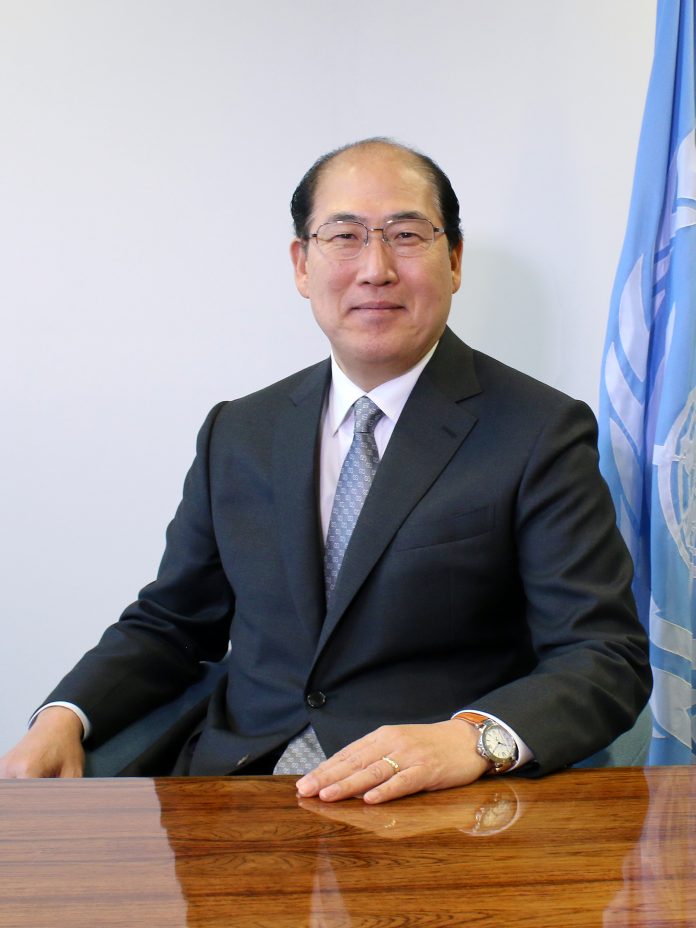The number of seafarers unable to travel home due to Covid-19 restrictions has halved according to the International Maritime Organization (IMO) secretary general, Kitack Lim, who told delegates at the virtual Maritime Safety Committee (MSC) meeting that nation states must redouble their efforts to give seafarers key worker status.
In his opening remarks, Lim told the MSC that the IMO secretariat along with other UN affiliated bodies are “working tirelessly” with industry to encourage member states to adopt the resolution passed by the IMO General Assembly in December 2020 to recognise seafarers as key staff and to prioritise vaccinations for key staff in the fight against the pandemic.
“Recently, we could observe the positive effects of our efforts, with the number of seafarers awaiting repatriation or joining of ships significantly reduced from 400,000 to 200,000. I remain confident that by working together we will eventually overcome this difficult and challenging situation for global shipping. Rest assured that this organisation will continue to do all it can to assist the maritime community and in particular our seafarers,” said Lim.
However, so far only around 58 states, about one third of the IMO membership, had notified the secretariat that they had given ‘key worker’ status to seafarers, said Lim.
“I urge enhanced global collaboration and co-operation among all nations to support the supply of vaccines for the benefit of all and to make a difference in the fight against this pandemic,” added Lim.
MSC will also discuss the challenges posed by the ongoing security of vessels operating in the Gulf of Guinea. Lim was speaking as news of another attack some 270 miles off the coast of Lagos, Nigeria was filtering through.
Lim told MSC that IMO supports a co-ordinated “whole-of-government” approach to maritime security.
He said governments had been successful in containing piracy through strong collaborative efforts, using “their navies and law enforcement agencies, the shipping industry, and non-governmental as well as intergovernmental organisations to achieve these results.”
Other issues to be discussed at this week’s MSC include the use of very low sulphur fuel oil and its effects and the scoping exercise that will inform the regulation of maritime autonomous surface ships.







